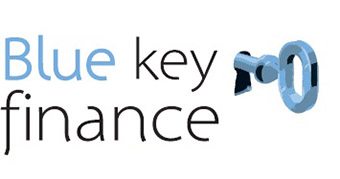Ways to minimise land tax on an investment portfolio
If your land tax bill has skyrocketed it’s likely your investment property is in one of those areas where land values have jumped.
Land tax is state-based and levied on the land value component of property held by investors. All states and territories, except the Northern Territory, charge land tax at different rates and using different thresholds.
The table below gives you an insight as to how much land tax you will pay for different land values in each state as at February 2016:
HOW MUCH YOU’LL BE TAXED, STATE BY STATE
| STATE | ASSESSED | VALUE | OF LAND | WEBSITE |
| $500,000 | $1 MILLION | $2 MILLION | ||
| NSW | $388 | $8,388 | $24,388 | osr.nsw.gov.au |
| Victoria | $775 | $2,975 | $11,975 | sro.vic.gov.au |
| Queensland | none | $4,500 | $21,000 | osr.qld.gov.au |
| Western Australia | $780 | $2,730 | $14,930 | www.finance.wa.gov.au |
| South Australia | $885 | $9,150 | $45,086 | revenuesa.sa.gov.au |
| Tasmania | $4,088 | $11,588 | $26,588 | www.sro.tas.gov.au |
| ACT | $5,142 | $11,292 | $23,592 | revenue.act.gov.au |
| Northern Territory | N/A | N/A | N/A | N/A |
Property investors can claim land tax as a cost but it’s still wise to minimise it, here are a few tips to help you lessen your land tax bills:
- Spread your investments across states. For example, if you have a portfolio of four properties with a total land value of $2,000,000 in South Australia you would pay $45,086 a year. But if, instead, you spread your four properties among NSW, Victoria, Queensland and the Northern Territory, assuming each has a land value of $500,000, your land tax bill would be $1,163.
- Invest in apartments in preference to houses. A unit has a much lower land value due to the size and value of land relative to the overall value. But with units you have to pay owners corporation fees, so look at the complete picture before deciding whether this is worthwhile.
- Buy properties in different entities. A couple can buy four properties but only own one in joint names. One partner can own one, the other partner another and perhaps the fourth can be owned by a self-managed super fund. This will minimise your land tax bill even if you hold all your properties in one state.
You can, of course contest the land valuation of your investment property, just visit the relevant state government websites to find out more.
If you haven’t already, click here to download our FREE E-Book on “Investors” or email us instead and we’ll send it to you within 24 hours.




Leave a Reply
Want to join the discussion?Feel free to contribute!